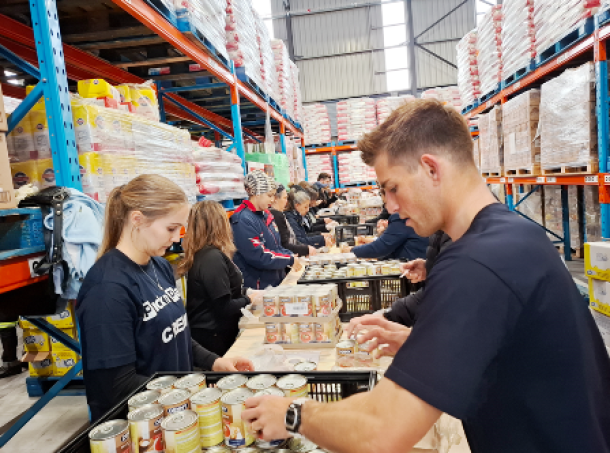Aquellé donates 28,000 litres of bottled water to crisis-hit Cape
In an effort to assist the drought-stricken Western Cape ahead of Day Zero, South African bottled water brand Aquellé is donating just under 30,000 litres of bottled water to the elderly and infirm in Cape Town, with the managing director joining delivery drivers in a two-day journey from the company's KwaZulu-Natal headquarters.
Aquellé MD Arno Stegen said he felt compelled to do something after the latest news hit that Day Zero in Cape Town was pegged for mid-April. The company is also working with its retail partners and NGOs to assess where and how they can help further.
“The drought in the Western Cape is of great concern to us,” said Stegen on Monday while en route after leaving the Kranskop plant on Sunday. “Together with the SA National Bottled Water Association (SANBWA) and other NGOs, we are working to identify areas of vulnerability and assisting wherever possible.”
Today, 30 January, the company will deliver the donation – 19,008 1.5L bottles equating to 28,512 litres – to NGO Water Shortage South Africa, which in turn will distribute the water to 80 registered retirement homes in the Mother City. This is to aid the frail and infirm who will not be able to stand in queues for their daily water quota when Day Zero hits.
Sustainable sourcing
Aquellé products consist of natural spring water, sourced from renewable groundwater which is replenished on an ongoing basis. As a member of SANBWA, Stegen said Aquellé adhered to the stringent environmental and quality measures to ensure sustainability. There are two sources for the water: the main plant situated in Kranskop, KwaZulu-Natal, and a smaller secondary plant in Franschhoek which services the Western Cape and was set up to reduce the carbon footprint in transporting the product from the main plant.
However, given the current crisis in the Western Cape, the company is transporting an additional 804,097 litres from the Kranskop source to support its Franschhoek facility, which is operating at maximum capacity to meet consumer demand. Under normal circumstances, the sources are monitored on an ongoing basis and together with experts in the hydrogeological field, a sustainable extraction rate is determined.
Stegen said the company had not increased the prices of its products since October 2016 and in some instances had issued discounts to retailers so they could pass savings on to the end consumers, which some were doing.
News Category
- International retailers
- On the move
- Awards and achievements
- Legislation
- Wine and liquor
- Africa
- Going green
- Supplier news
- Research tools
- Retailer trading results
- Supply chain
- Innovation and technology
- Economic factors
- Crime and security
- Store Openings
- Marketing and Promotions
- Social Responsibility
- Brand Press Office
Related Articles
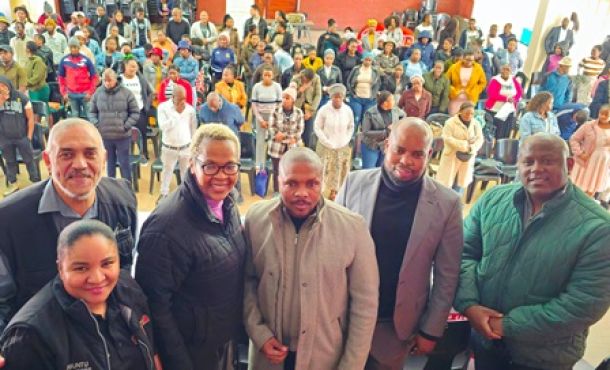
Successful farmer’s training project launches i...
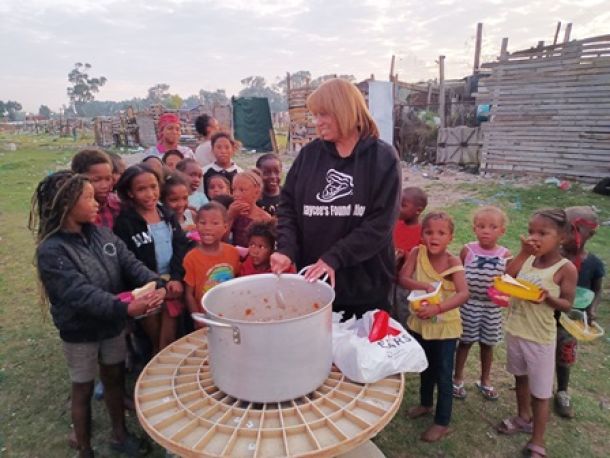
Engen’s Charmaine Le Breton secures support for...
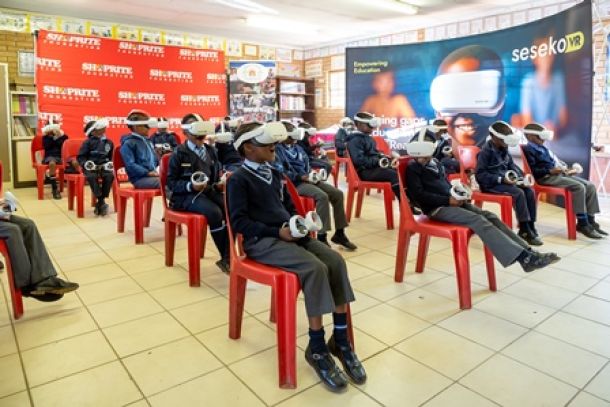
Virtual reality and access to clean water for S...
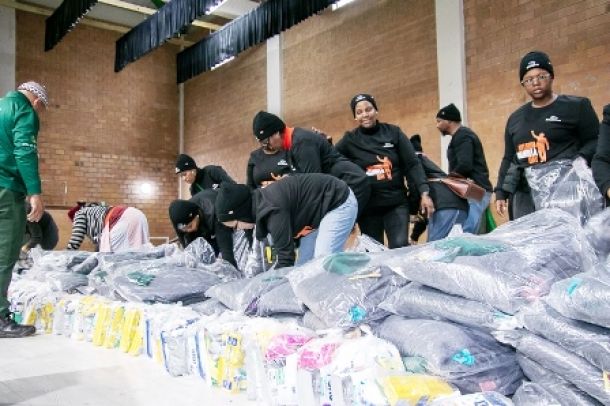
Gift of the Givers and Engen join hands for Mad...
